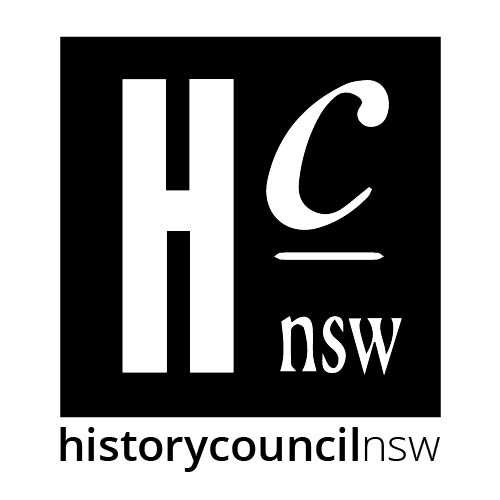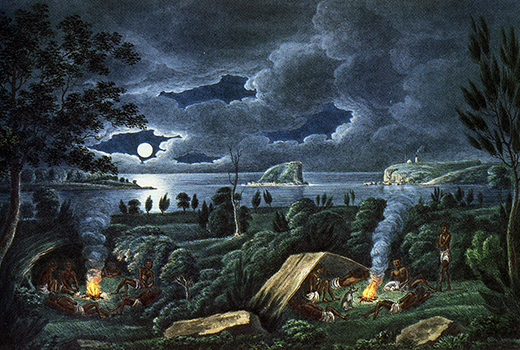The Department of History, University of Sydney, is hosting the 2nd Bicentennial Australian History Lecture, to be delivered this year by Professor Lynette Russell, Monash Indigenous Studies Centre, Monash University.
How do we understand, imagine, visualise and create narratives for 50,000 years of Australian history?
As commonly presented, Australia’s past seems to consist of 230 years of European colonisation and over 50,000 years of Aboriginal culture, the former the purview of historians and the latter of archaeologists. Yet it presents striking opportunities for a truly integrated and seamless deep continental history, combining disciplines and methodologies.
Such a history would consider the full range of human experience from arrival, through changes in climate, technologies and belief systems to interactions with Maccassan, Portuguese, Dutch, French and finally the British. It would stretch across 2500 unbroken generations of people birthed, nurtured and sustained: people who modified landscapes, hunted, sang songs, practised religion and buried their dead.
This lecture argues for mixing epistemologies to create historical narratives of the deep past that may be taught in schools and universities, presented in museums and popular culture, and proudly shared by all Australians.
The Bicentennial Australian History Lecture is a biennial public lecture hosted by the Department of History in the School of Philosophical and Historical Inquiry, University of Sydney. Distinguished historians offer engaged and critical perspectives on Australia’s past and the legacies of colonisation.
When: Thursday 19 October 2017, 5-7.30pm
5-6pm: Reception in the Nicholson Museum
6-7.30pm: Lecture in General Lecture Theatre
Where: The Quadrangle, The University of Sydney
Cost: Free
Contact: sydney.ideas@sydney.edu.au
Image: Joseph Lycett, Aborigines Resting by a Camp Fire near the Mouth of the Hunter River, Newcastle, NSW, courtesy National Library of Australia.


Congratulations on this topic as it is one that I have been endeavouring to broach in my historical research and writing over the past 20 odd years. I think this is the direction Australian history has to take in order to be relevant. I attempted to do so in my CAIRNS, City of the South Pacific, A History 1770-1995 (Bunu Bunu Press, 2016) and I incorporated the violence on the 19th century frontier (which I also covered in another book: Conspiracy of Silence, Queensland’s frontier killing times Allen & Unwin, 2013), as well as the treatment of our Indigenous Australians in the 20th century. This explains a great deal about how government decisions were made and implemented and how these definitively kept Aboriginal people as 2nd class ‘citizens’. It changes how one interprets and presents our history – it is an incredibly important shift in our approach to our history and I laud every effort to encourage this positive move. My only disappointment is that I will be unable to attend.
Hi Timothy, We’re glad to hear you are excited about the topic, but sorry to hear you are unable to attend the lecture. Perhaps you could contact the University of Sydney to enquire whether they are planning on recording or broadcasting the lecture? Cheers, Amy.
Wow! As a rural UOW BA History student from a remote area of NSW Far South Coast, I would absolutely love to have a recording to share with my tutorial group. Final semester and snowed under with tasks, can’t attend sadly. This sounds so holistic and interesting. Please maybe try to arrange a link to this recording if it is possible. Thanks.